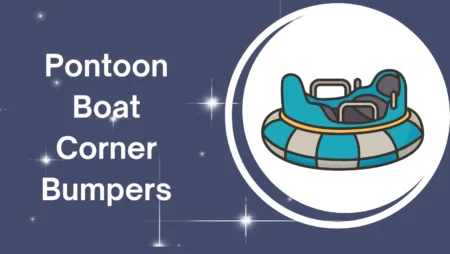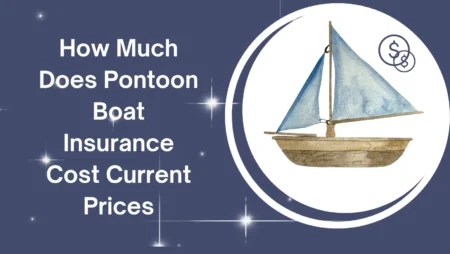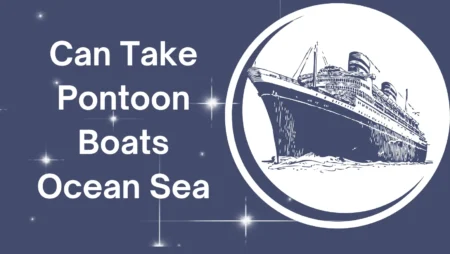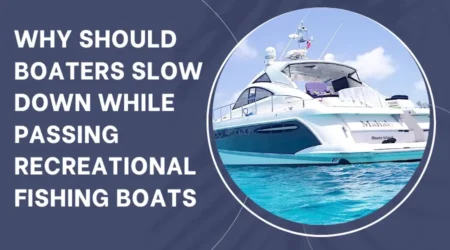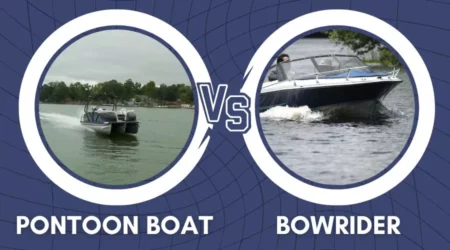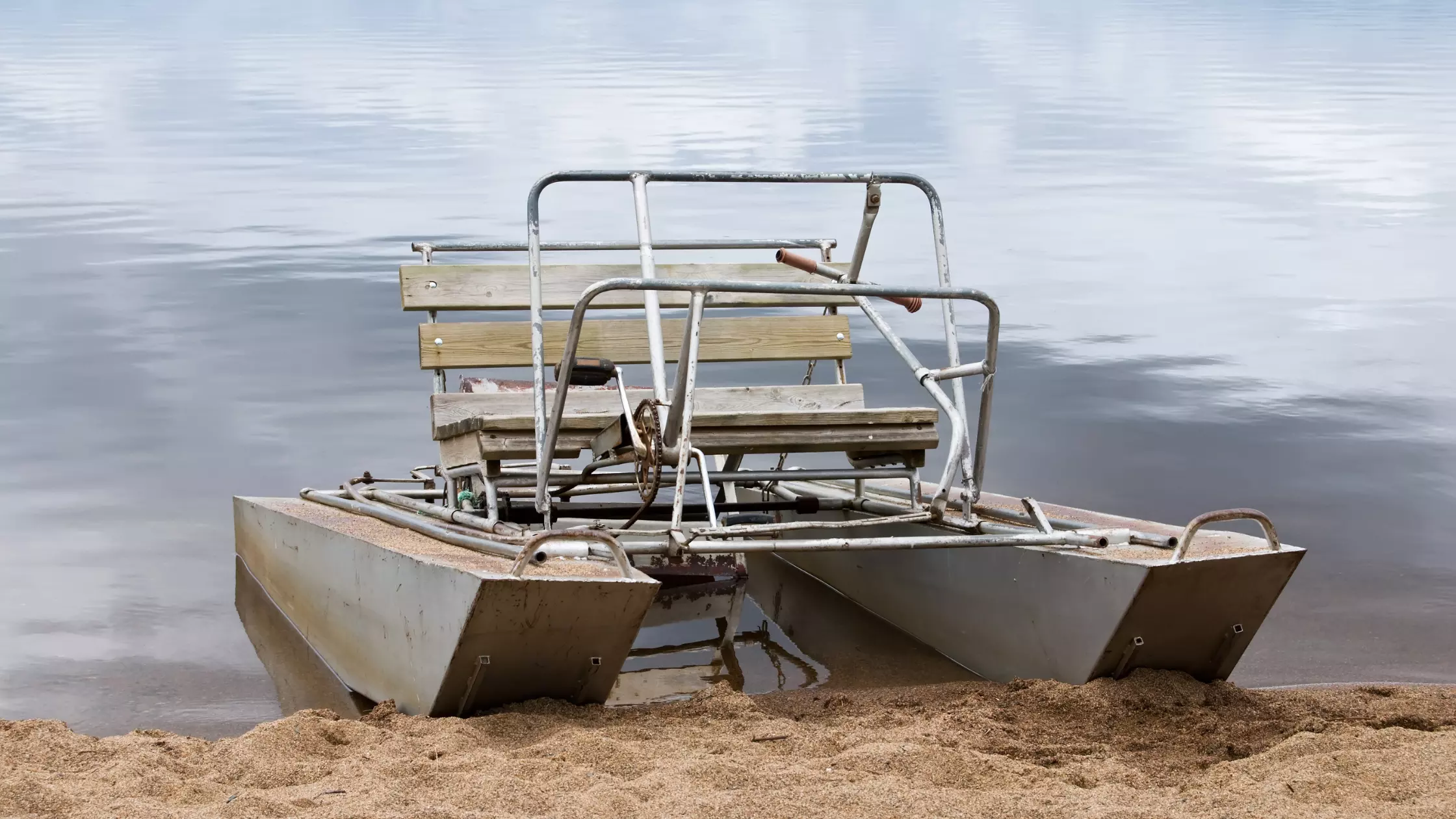It’s really simple. What should you do to avoid colliding with another boat?
Collisions occur when your boat or PWC collides with another vessel or with a fixed or floating object, such as a rock, log, bridge, or dock.
It is possible for collisions to cause serious damage, injury, or even death. Every vessel operator is responsible for avoiding collisions.
Boat and PWC operators should take the following precautions to prevent a collision:
- Follow the rules of navigation.
- Pay attention to navigation aids.
- Keep a sharp watch and appoint one person to be the “lookout.”
- Maintain a safe speed, especially in congested traffic and at night.
- Look in all directions before making any turn.
- Use caution if you are traveling directly into the sun’s glare on the water.
- Never operate when fatigued, stressed, or consuming alcohol.
- Be aware that floating debris is more common after heavy rainfall.
You might be given the following options if you have multiple questions:
- Keep a constant course and speed
- Keep to the middle of any marked channel
- As quickly as possible, pass other vessels
- Appoint one person to be the lookout and keep a sharp eye out
In general, just use your wise judgment and be aware of your surroundings. If you do that, you’ll be much less likely to collide with another boat.
What Are The Best Way To Avoid Colliding With Another Vessel?
The most effective way to avoid colliding with another sailing vessel is to be aware of your surroundings and maintain a safe distance from other boats.
You should also avoid areas of down stream traffic lanes, such as personal watercraft near docks or marinas.
If you must cross paths with another large vessels, be sure to do so at a safe speed limits and with plenty of room to maneuver.
When in doubt, it’s always better to give yourself more space than less and err on the same side of caution
Read Also pedal boat vs paddle boat
Use Navigational Aids
Use Navigational Aids to help you stay on course and be aware of other boats in the vicinity.
Some things you can do to avoid a collision are:
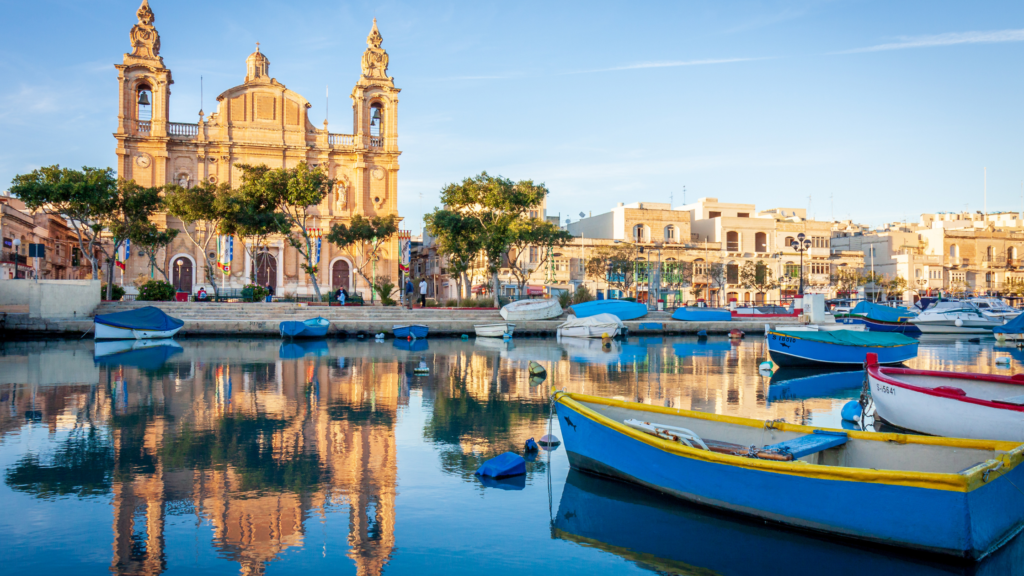
How To Avoid A Collision While Boating?
There are a few things you can do to avoid a collision while boating:
These tips will assist you in avoiding a collision while out on the water.
Be Aware Of Your Surroundings
at all times while boating. Pay attention to other boats and obstacles in the water. Use caution when operating your boat and always be prepared to avoid a collision.
If you see another boat or object in the water ahead of you, slow down and be prepared to stop. If you cannot avoid a collision, turn your boat so that it hits the object head-on collision or deck boat. This will minimize the damage to your boat and the other object.
Always wear a life jacket when boating. If you are thrown from your boat in a collision, a life jacket will help keep you afloat and make it easier for rescuers to find you.
What Are The Dangers Of Collisions Between Boats?

The dangers of collisions between boats are many. First, there is the danger of physical injury to those on board the boats.
Second, there is the danger of damage to the boats themselves. Third, there is the danger of pollution if fuel or other liquids are spilled into the water as a result of a collision.
Last but not least, there is the danger of property damage if the boats collide with docks or other structures. Collisions between boats can be very dangerous and should be avoided at all costs.
Be aware of your surroundings and know where other boats are in relation to yours. This will help you avoid collide with another boat.
You should also use proper lighting at night, so other boats can see you. To perform this, it is necessary to pay attention to the rules of the road and yield the right-of-way when necessary.
When operating your boat in congested traffic, use caution to avoid a collision.
As well as being aware of your surroundings, it is essential to communicate with other boats in the area. If you are on a radio, make sure to announce your position and intentions.
You should also use hand signals when possible to communicate with other boats. By taking note of these tips, you can help avoid a collision with another boat.

When boating, it is critical to be aware of blind spots. A blind spot is an area around your boat where other boats may be hidden from your view.
To avoid collisions, it is critical to know where these blind spots are and how to navigate safely.
There are three main types of blind spots:
- Those created by the hull of the boat,
- Those created by the superstructure of the boat
- Those created by the environment.
The hull of the boat can create blind spots both above and below the waterline. The superstructure, which includes the deck, cabin, and other structures on the boat, can also create blind spots.
As a final consideration, environmental factors such as waves, glare from the sun, and rain can reduced visibility and create blind spots.
To avoid collisions, it is crucial to be aware of these blind spots and to take steps to mitigate them.
When boating in areas with high traffic, it is imperative to keep an eye out. This means scanning the area around your boat regularly for other boats.
It is also helpful to use your navigation aids, own radar and GPS, to help you avoid collisions. It is important to be cautious and slow down when approaching other boats.
By being aware of blind spots and taking steps to avoid them, you can help make boating safer for everyone.
In order to avoid colliding with another boat, you should learn the rules of the road. These rules dictate who has the right of way in different situations, and if followed, can help prevent accidents.
Boat operators should also be aware of other boats in the area, and yield the right of way when necessary.
You should also take a boating safety course and get a license. Wear a life jacket when you are on the water.
Be aware of your surroundings and know what to do if you see another boat approaching. Watch for signs of trouble and be prepared to take evasive action.
If you are involved in a collision, stay calm and follow the procedures outlined in your boating safety course.
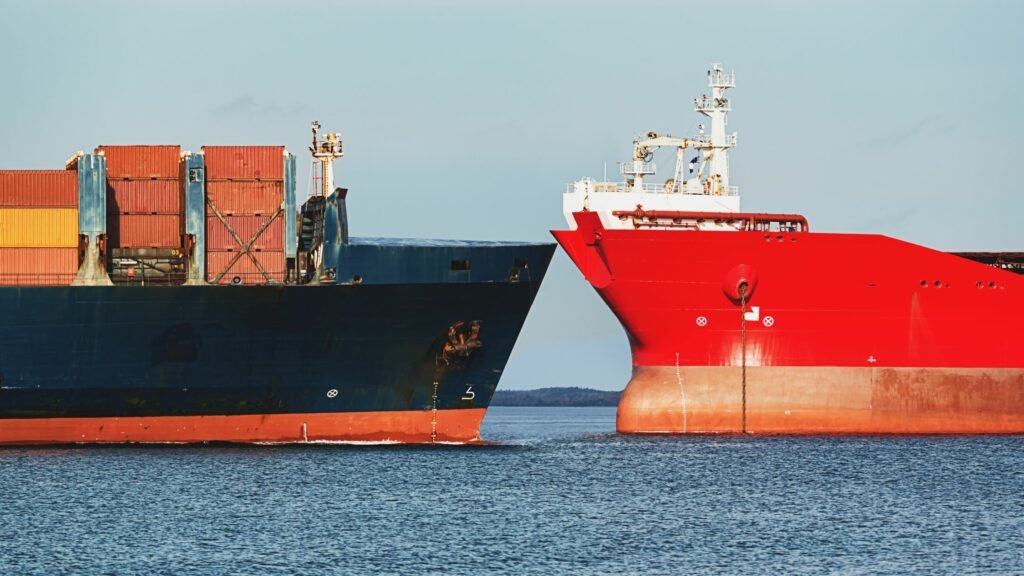
In order to avoid colliding with another boat, you should signal your presence with a horn or whistle. This will let other boats know where you are and help them avoid running into you.
You should also make sure that your boat is well-lit at night so that other boats can see you. You should also take a boating safety course and get a license.
Wear a life jacket when you are on the water. Be aware of your surroundings and know what to do if you see another boat approaching.
Watch for signs of trouble and be prepared to take evasive action. If you are involved in a collision, stay calm and proceed with the method outlined in your boating safety course.
In order to avoid colliding with another boat, you should be aware of other boats in the area. This means paying attention to where they are and what they are doing.
You should also yield the right of way when necessary.
In order to avoid colliding with another boat, you should wear a life jacket. This will help keep you safe if you fall overboard or if your boat capsizes.
In order to avoid colliding with another boat, you should get a license. This will show that you have the knowledge and skills necessary to operate a boat safely.
What To Do If You’re In A Collision?

If you’re involved in a collision, the first thing you should do is stop your boat. Once you’ve stopped, exchange information with the other boat’s operator.
You’ll need to get their name, address, phone number, and insurance information.
You should also take photos of the damage to both boats. If there are any witnesses, get their contact information as well.
If you think the collision was caused by the other boat operator’s negligence, you may want to consider hiring a lawyer.
An experienced maritime lawyer can help you investigate the collision and determine whether you have a case.
Keep Away From Congestion
Keep away from areas of congestion to avoid collisions. If you’re in an area with a lot of other boats, it’s wise to be extra vigilant and aware of your surroundings.
Pay attention to the other boats around you and use your horn to signal your intentions.
If you must cross in front of another boat, do so slowly and carefully. Make sure the other boat operator sees you and has time to react.
Communicate With Other Boats
If you’re approaching another boat, it’s imperative to communicate your intentions. Use your horn or radio to signal your approach. If you’re passing close by, let the other operator know what port side you’ll be passing on.
It’s also imperative to be aware of the other boats around you. If you see a boat heading for a collision course, try to communicate with them and get them to change course.
Be Prepared To Take Evasive Action
Even if you’re being cautious and paying attention, there’s always a chance you could be involved in a collision. If you see another boat headed your way, be prepared to take evasive action.
If you have time, the right thing to do is to slow down and move out of the way. If you’re not able to avoid a collision, try to hit the other boat’s stern (back end) instead of the bow (front end). This will minimize the damage to your boat.
Call For Help
If you’re involved in a collision, it’s wise to call for help. If there are injuries, call 911. If there’s significant damage to either boat, call the Coast Guard or other emergency responders.
Even if there doesn’t seem to be any damage, it’s a good idea to call the police. They can document the accident and help you exchange information with the other boat operator.
Tips For Passing Other Boats Safely
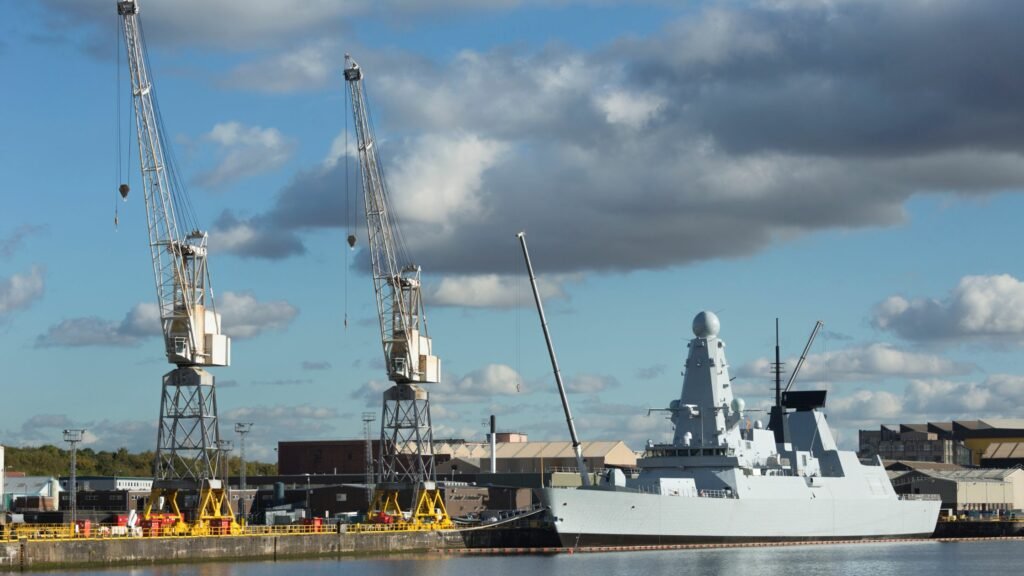
It’s important to be aware of other boats when you’re out on the water, and even more so when you’re passing them. Here are some tips to help you do so safely:
These tips can help you ensure that everyone enjoys a safe and relaxing time on the water.
How To Stay Safe While Traveling At High Speeds?
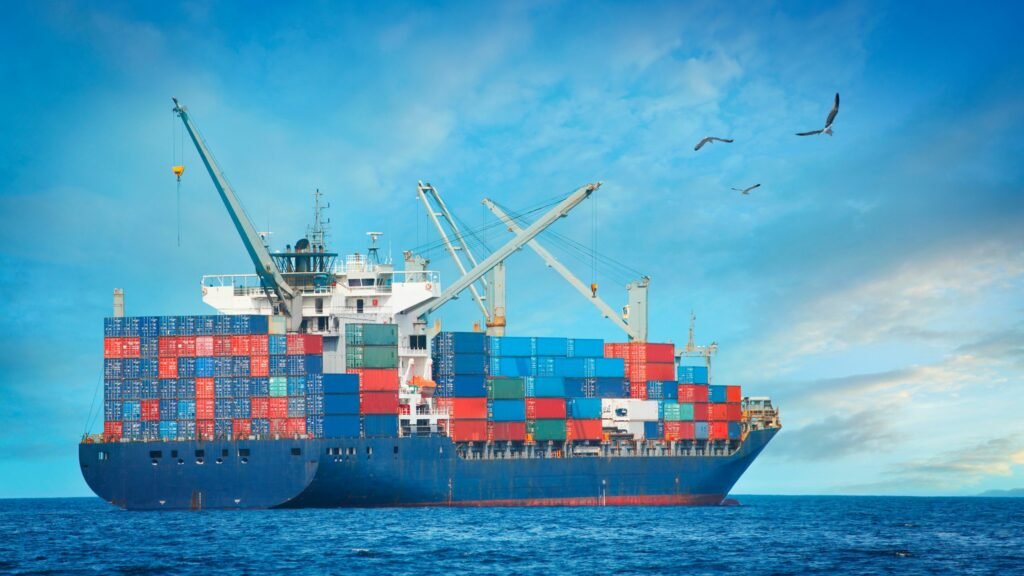
If you’re traveling at high speeds, there’s a greater chance of colliding with something. To avoid a collision, it’s necessary to be aware of your surroundings and give yourself plenty of space to stop.
If you’re approaching another boat, slow down and pass carefully. Don’t try to pass too close to the other boat give yourself plenty of room in case you need to make a sudden stop.
Additionally, you need to watch for obstacles in the water. If you see something ahead, slow down and avoid it if possible.
In general, it’s always better to err on the side of caution when traveling at high speeds. By being cautious and aware of your surroundings, you can help avoid a collision.
When Crossing Paths: Understanding the Give-Way Vessel’s Responsibility
Navigating the waters safely requires every boat operator to be aware of certain rules and protocols. A crucial aspect of this is understanding the responsibilities of the give-way vessel when crossing paths with another boat. But, what exactly is the give-way vessel’s responsibility?
When two boats cross paths, the “give-way” vessel must take action to avoid a collision, while the other, known as the “stand-on” vessel, should maintain its course and speed unless it becomes apparent that the give-way vessel is not taking adequate measures to prevent a collision. The primary responsibility of the give-way vessel is to be vigilant and take early and substantial action to keep clear.
In many scenarios, recognizing which boat is the give-way vessel can be determined by the direction from which they approach each other and the type of vessels involved.
Navigation Rules For Boats

Just as with any other mode of transportation, there are rules that govern the movement of boats and ships.
These rules are designed to keep everyone safe and to prevent accidents. Here are some of the most valuable navigation rules for boaters:
Two Sailboat Encounter Each Other In The Water
You encounter another boat while sailing is not uncommon, especially if you are sailing in popular areas.
When this happens, it is necessary to know what to do to avoid an accident. Here are some tips for safely encountering another vessel:
Keep Safe During Launch And Docking
Here are some tips for boating etiquette:
What Should I Do When A Boat Is Operating In Bad Weather?

If you are operating a boat in bad weather, take these precautions:
- Check the weather forecast before heading out and be aware of changing conditions.
- Dress for the conditions and wear a life jacket.
- Make sure your boat is properly equipped for bad weather, including having enough fuel and supplies.
- Stay aware of your surroundings and be on the lookout for other boats.
- Use caution when navigating and avoid areas of high waves or strong currents.
- If possible, stay in sheltered waters and near shore.
- If you must go out in bad weather, travel with another boat in case of emergencies.
- Listen to the radio for updates on weather conditions.
- Be prepared to take action if conditions worsen.
- Comply with all boating safety regulations.
What Should I Do If My Boat Goes Around?
How To Use Sound Signals?
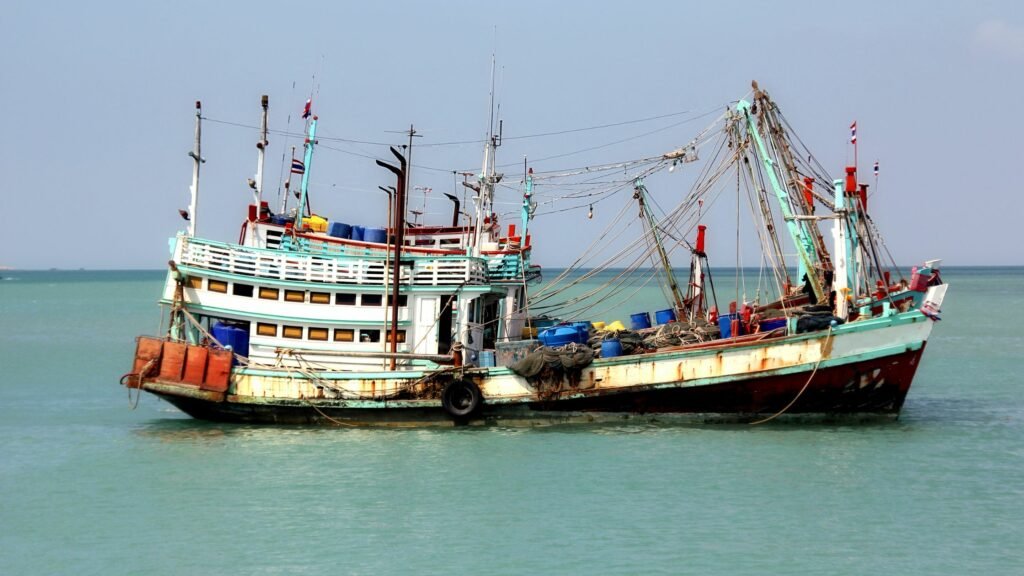
There are a few different ways to use one short sound signal when boating:
Who Is Responsible For Avoiding A Collision Between Two Boats?
Both boats are responsible for avoiding a collision.
This is known as the ” rule of mutual responsibility.” Both boat operators must take action to avoid colliding with other vessels, and they must do so in a timely manner.
This means that if you see another vessel coming towards you, you should take action to avoid a collision even if you are not sure who is at fault.
Option (a) below is the correct answer to the question:
- Both boats’ operators
- In the case of the stand-on boat, the operator
- A give-way boat operator
- d) the operator of the larger vessel
You can learn more about the exceptions to this rule in my latest blog post, which tells you what to do to avoid colliding with another boat.
This guide shows you the difference between power boats approaching each other, sail boats on the same path, and motor boats approaching sail boats. As well as how to behave when in channels, it goes into some detail to be aware of.
How You Can Avoid Colliding With Other Boats?

Boaters should be aware of other boats in the area and be careful not to collide with them. Here are some tips on how you can avoid a collision:
There are some situations where the rules of the road might not apply, such as when you’re anchored, moored, aground, or adrift.
In these cases, you should still use common sense and good judgment to avoid collisions.
Anchored boats have the right-of-way over all other boats, but they should still maintain a proper lookout and use signals to warn other boats of their presence.
Moored boats should not obstruct the fairway or navigable narrow channels, and they should have proper lights and shapes displayed at night.
A grounded boat is one that has run aground on shoals, reefs, or any other underwater obstruction.
If you ground your boat, you should immediately stop and assess the situation. If the boat is in danger of sinking or breaking up, you should abandon ship and notify the coast guard.
If you’re approaching another boat from behind, you should do so with caution.
You should never assume that the other boat knows you’re there, so it’s beneficial to use proper signals to remain alert them of your presence.
If you’re overtaking another boat, you should pass on the side that will give the other boat the most room.
You should also avoid passing too close to the other boat, as this could create a wake that could damage or capsize the other vessel.
When approaching another boat from the side, you should use caution and be aware of the other boat’s movements.
You should never assume that the other boat will keep to its course, so it’s useful to be prepared to take evasive action if necessary.
When passing another boat, you should do so at a safe distance and avoid creating a wake that could damage or capsize the other vessel.

When approaching another boat from port (the left-hand side), you should use caution and be aware of the other boat’s movements.
You should never assume that the other boat will keep to its course, so it’s crucial to be prepared to take evasive action if necessary.
When passing another boat, you should do so at a safe distance and avoid creating a wake that could damage or capsized the other vessel.
It’s helpful to know the difference between port, starboard, and stern when you’re on the water. Port is the left-hand side of the boat, starboard is the right-hand side of the boat, and stern is the back of the boat.
Knowing these terms will help you avoid collisions, because you’ll be able to communicate more effectively with other boaters about which way you’re going.
When approaching another boat from starboard (the right-hand side), you should use caution and be aware of the other boat’s movements.
You should never assume that the other boat will keep to its course, so it’s critical to be prepared to take evasive action if necessary.
When passing another boat, you should do so at a safe distance and avoid creating a wake that could damage or capsize the other vessel.
Final Consideration
If you find yourself in a situation where collision is imminent, there are a few things you can do to avoid it. First, if you have time, attempt to signal the other vessel using lights or horn signals.
If they are not able to see your signals, try to hail them on VHF radio. If there is still no response. you may have to take evasive action.
This includes changing course, slowing down, or stopping. Whichever action you take, make sure it is a large and obvious one so that the other vessel can see it.
Taking evasive action at the last minute is often not enough time for the other vessel to react, so it is important to do so as soon as possible.

